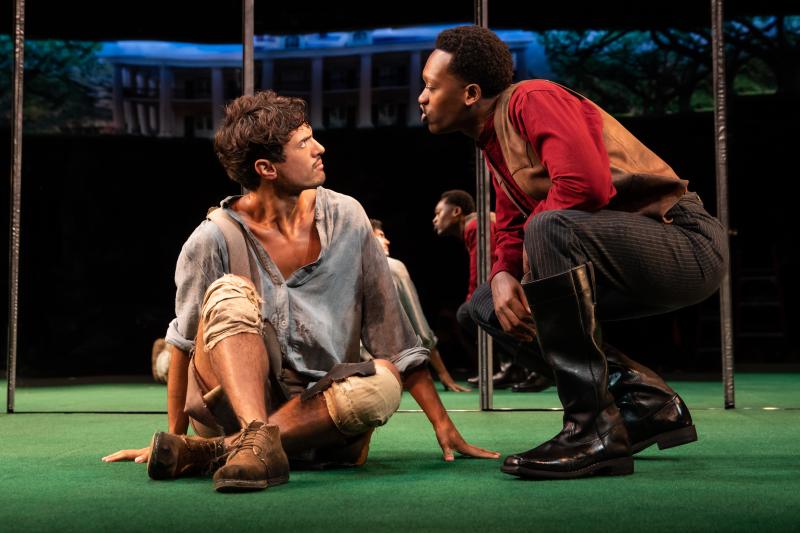Community, Leadership, Experimentation, Diversity, & Education
Pittsburgh Arts, Regional Theatre, New Work, Producing, Copyright, Labor Unions,
New Products, Coping Skills, J-O-Bs...
Theatre industry news, University & School of Drama Announcements, plus occasional course support for
Carnegie Mellon School of Drama Faculty, Staff, Students, and Alumni.
CMU School of Drama
Thursday, January 16, 2020
Industry Editor Exclusive: Broadway 'Blackouts' and Making Theatre More Diverse
www.broadwayworld.com: The discussion about how to get more diverse audiences--in terms of age, race, pretty much everything--in the theater has been going on for decades. Recently, this has led to a movement toward dedicated nights for members of a certain race or ethnicity.
Subscribe to:
Post Comments (Atom)

2 comments:
I think this is a really interesting idea, and I love everything that can get younger, more diverse audiences in the seats of theatre, especially on Broadway. I think this idea of creating an entire space that allows a group of people to feel comfortable and welcomed in a way they may have never felt before, is really beautiful. We all know that the typical Broadway audience is old and white, and a lot of those people have seen very little struggle in their lives. Many of them middle to upper class, they bring a very different view than someone of a group that has been marginalized and abused by the systematic racism and classism in this country. I am so happy that this industry is finally starting to take a turn towards a more diversified and accessible theatre experience, because it has been too long. The arts are for everyone, not just the people who can afford to pay $300 for the mezzanine.
Recently I have been thinking about the differences between the theatre industry as a whole becoming more diverse and each one of theatrical pieces becoming attractive to diverse audiences. Needless to say, as Claire states above, works on Broadway should be more affordable for a variety of audiences. Arts including theatre is for everyone, not only for privileged white people. On the other hand, I believe that one of the great unique characteristics of live theatrical works is that they could chose the audience. Since a theatrical work is a form of art which is completed by the existence of the audience, a specific selection of the audience could be recognized as a part of the process. So what I am trying to say is, while the writer of the article and the SLAVE PLAY team seem to have a negative reaction to the way in which the SLAVE PLAY used to control the audience, I do not think it “isn’t all altruism or a sense of what should be” at all. I understand what their ideal is but I just believe there could be another perspective of a theatrical work being selective… if this makes sense…
Post a Comment